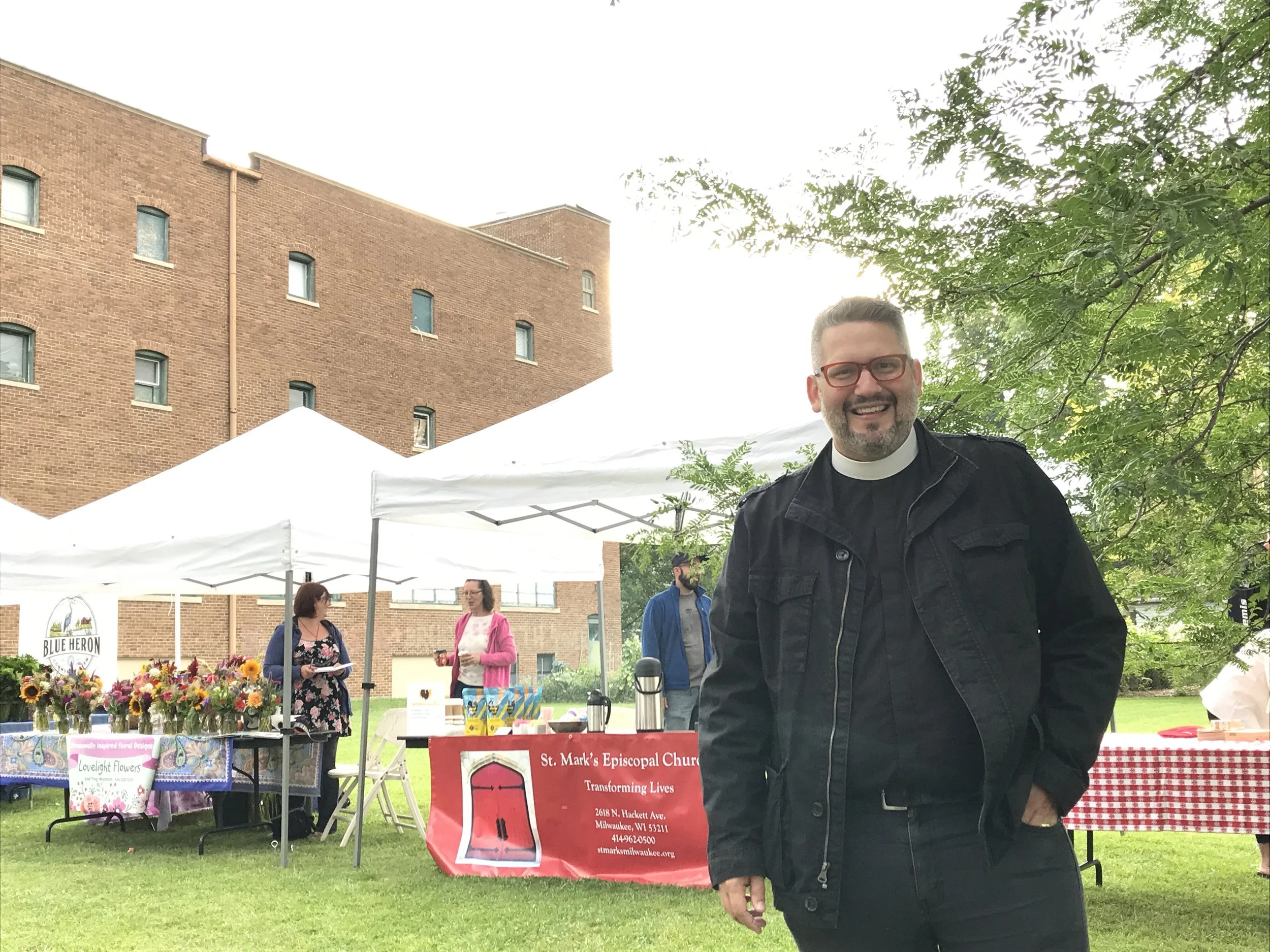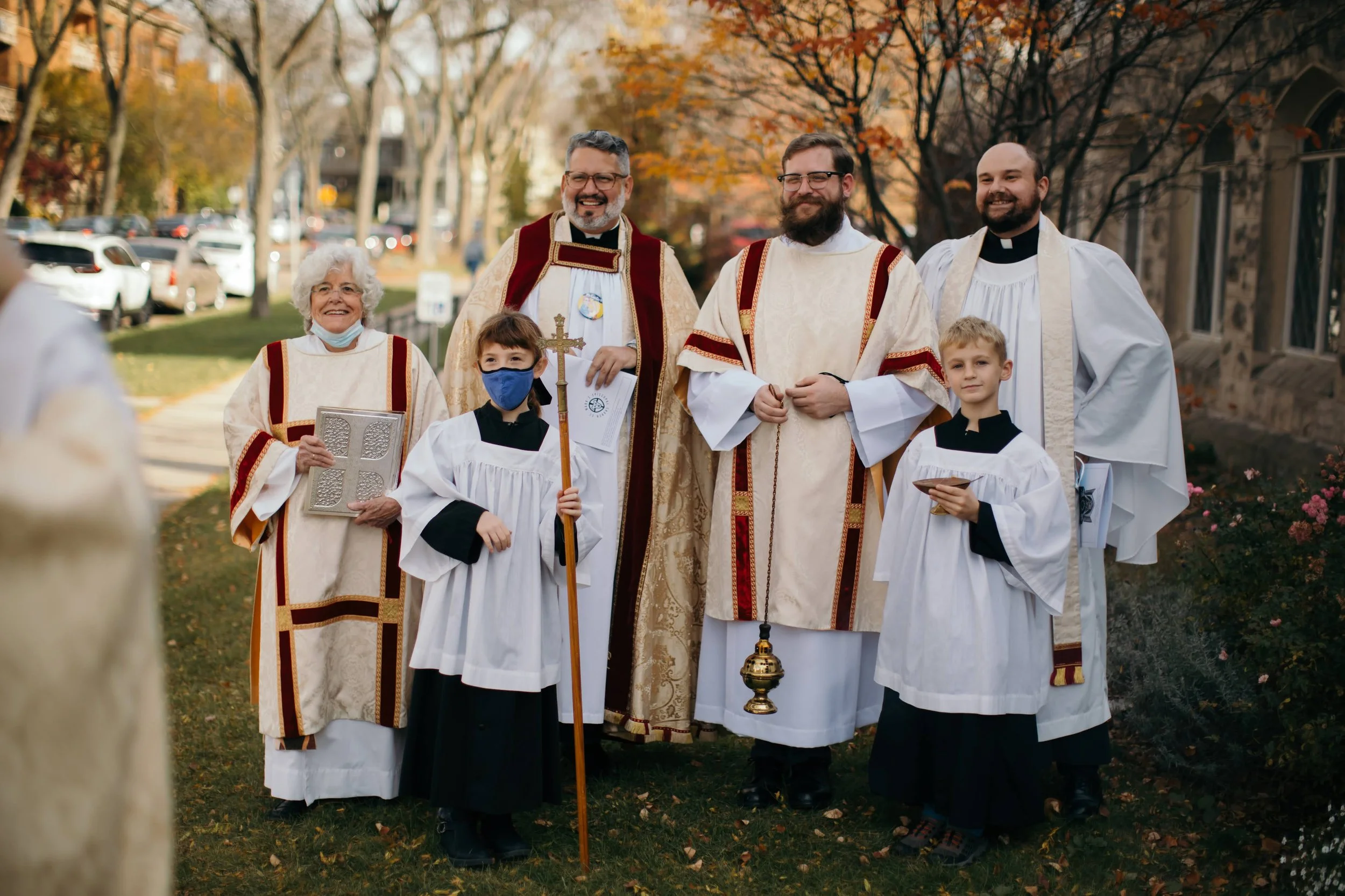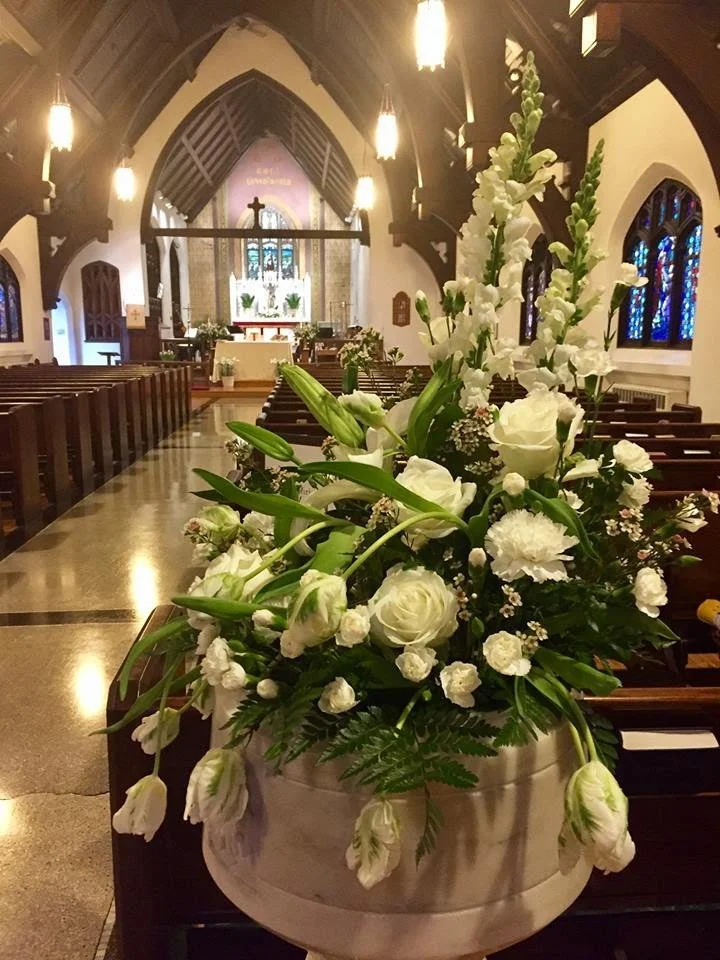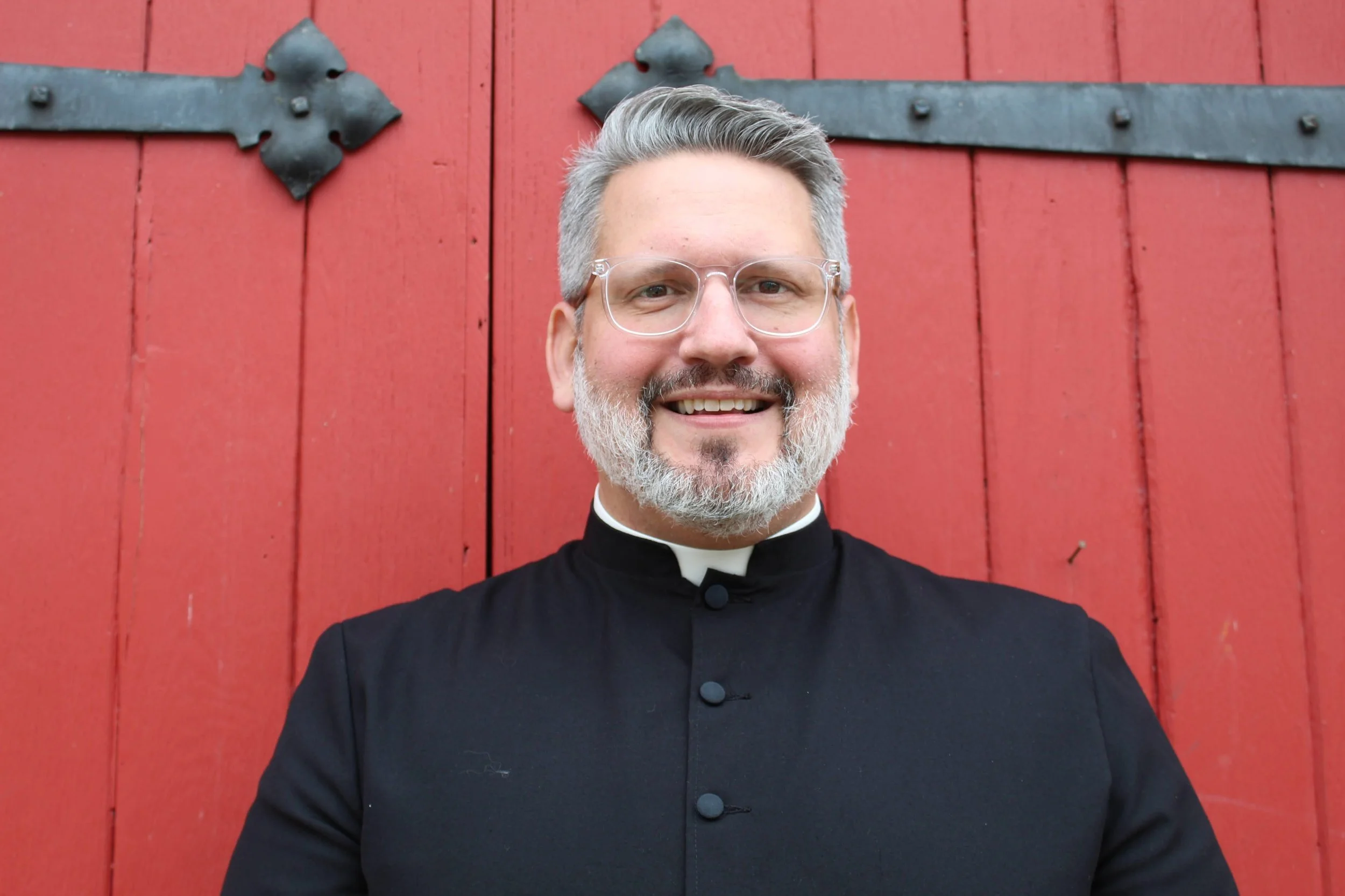Ministry
Church Growth & Revitalization
Worship & Liturgy
Formation
Pastoral Care
I have a passion for church growth. At first glance, this can look like increasing average Sunday attendance and stewardship pledging units. But over the years, I’ve learned that growth is actually the product of radical hospitality rather than an end unto itself. A church that offers itself to a weary world in the same way that Jesus offered himself to his disciples and friends will find that revitalization follows naturally. I’ve served two parishes that have both worked incredibly hard to make sure that their doors were opened to everyone who comes in off the street looking for God. And, in both cases, the parishes grew mightily. If we filter every decision we make through the lens of radical hospitality, we cannot help but become the fishers of people that Jesus has asked us to be.
I think Christian worship is the primary place where believers practice living in a world where God’s reign is fully realized. We share a profound peace with one another, and we feast among the living and the dead. For an hour on a Sunday morning, we are lucky enough to experience our tiny slice of heaven here on earth. I try hard to plan liturgies that are appropriate–acknowledging the enormity of the gift the church has been given. But I also try to make sure that our liturgies are accessible to newcomers and to people not from the Episcopal tradition as well as vibrant, joyful, and filled with beautiful music. Just because something follows an ancient tradition does not mean that it needs to be stuffy. Our worship can be at once ancient and alive.
Episcopalians can be a bit reticent to talk about money. And I understand that. I was taught to be a bit private about these things as well. But the truth is that by joining a church, we are choosing to spend our lives with one another in holy community, and that includes not just our spiritual lives but our financial lives. It is my hope that, together, we can work to remove some of the stigmas around money in our churches and, instead, foster an environment where stewardship is both joyful and year round. Whether it is a capital campaign, discussing where our investments can do the most good, or just the annual campaign, money is the fuel for our vocation. And, as Christian people, we need to fully understand our money, because it is inexorably tied to our mission.
One of the lessons that the church can learn from community organizing is the constant need for thriving organizations to develop new people as leaders. This can apply to volunteer leaders who serve the church on a committee or on the vestry. It can also apply to staff people serving under the direction of the rector. In either case, people need to 1. access and share their gifts and 2. take on increasing levels of responsibility. Leaders are developed more than they are born, and it is our job in the church–and especially the job of the priest–to ensure that we are utilizing the gifts of God’s people for the mission of our organizations. Too many churches are filled with untapped potential leadership, and if we want to see growth, we will need to be wise about inviting all Christians into leadership.
Every time the church doors are open, there needs to be an opportunity for some kind of Christian formation across the life span. On a Sunday morning, any Christian–whether eight or eighty years old–needs to have access to spiritual resources that are age appropriate and edifying. Worship engages the soul; formation engages the mind, and both are vital to the life of a well-rounded Chrisitan. There are so many amazing thinkers and writers in Christianity right now that it’s incumbent on leaders to provide the best commentaries on scripture, justice, history, and theology to all parishioners. And, actually, it turns out that formation can be a lot of fun at any age.
I worked under a department head when I was a chaplain who used to remind me that, “everyone does pastoral care; some of us just do it professionally.” I think that’s right. The way that people in the parish care for one another is pastoral care, and in a larger parish, the care must come in the form of all believers–prayer groups, online intersessions, meal trains, new baby support, end of life care. There is too much need for one priest to address, but I can make sure that I am encouraging and even training parishioners to exercise their own gifts of pastoral care for the support and succor of God’s people.







